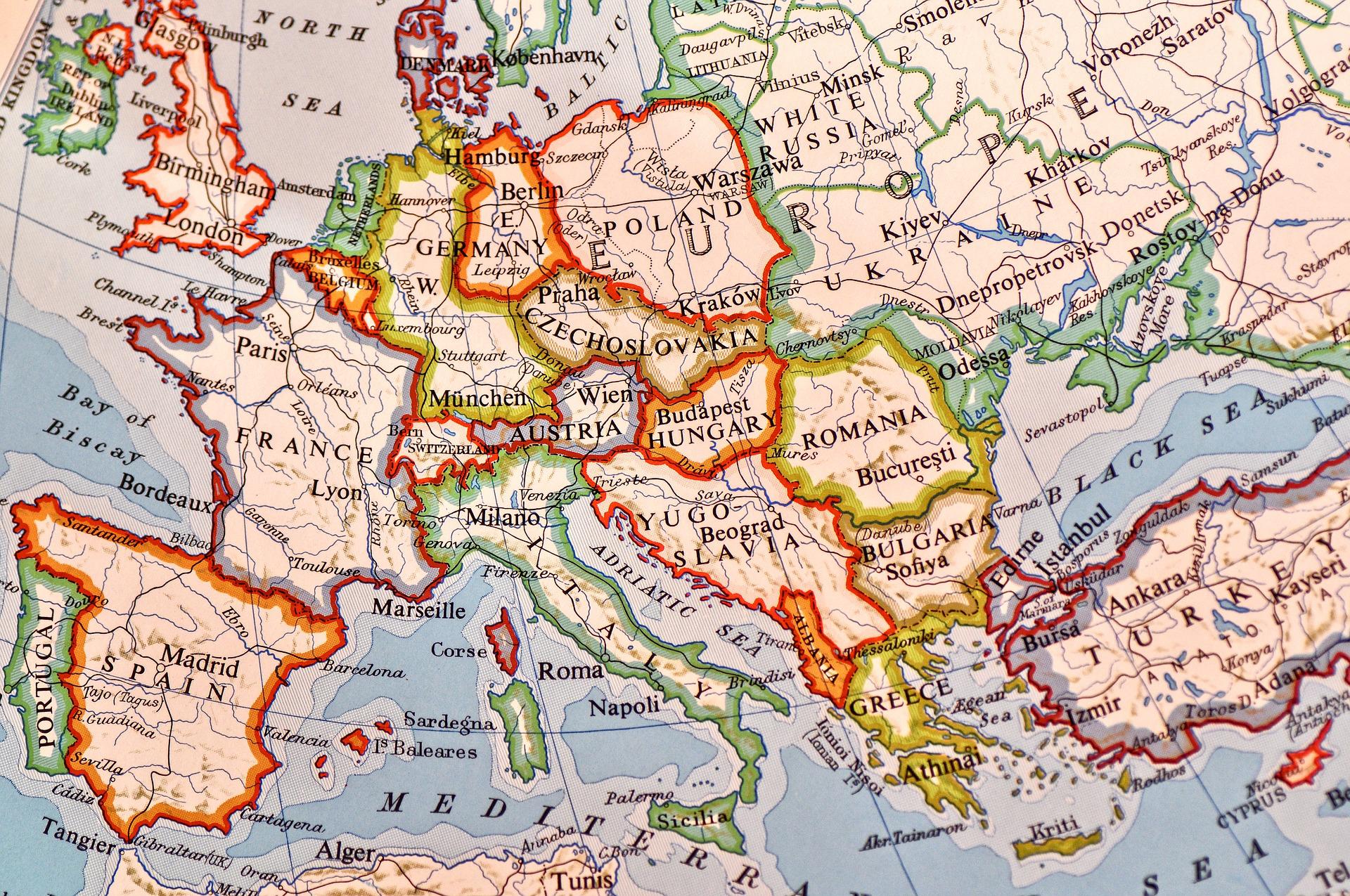
Thousands identified as suspected modern slavery victims fail to be referred for government support
One in three suspected modern slavery victims identified by authorities are not referred for government support, analysis shows – prompting fears the system designed to safeguard survivors is failing.
Data reveals more than 3,000 people believed by police, councils and other agencies to be victims of exploitation in the past year have not been passed into the official system allowing them to access safe housing and counselling.
Campaigners warn that leaves victims vulnerable to re-exploitation or reprisals at the hands of their traffickers, as well as placing them at risk of detention and deportation.
The findings have triggered concern about new measures the government is trying to push through in its Nationality and Borders Bill – currently going through the House of Lords – which charities say will narrow the criteria for eligibility to modern slavery support.
Shadow Home Office minister Lord Vernon Coaker said: “These shocking figures show just how wary adult survivors of modern slavery are of the police and the government, with many so frightened that they are refusing support for fear of arrest for an immigration offence or reprisals against their families.
“Indeed, ministers are now trying to make the situation even worse for survivors, with proposals in a bill currently before the House of Lords that would penalise them for any lateness in notifying the authorities about their claim.”
Under the Modern Slavery Act 2015, organisations such as police, Border Force and charities that come across adults they suspect have been subjected to exploitation are required to offer to refer them to the National Referral Mechanism (NRM), the UK’s framework for identifying and supporting modern slavery victims.
If the individual does not consent to be referred, the identifying organisation– known as a “first responder” – must fill in a “duty to notify” form, which informs the government that they have identified a potential victim but could not successfully facilitate a referral for support.
But an analysis of government data by charity After Exploitation reveals that of the 9,204 people identified as potential victims in the year to 31 September 2021, 3,007 (33 per cent) were referred via the duty to notify system, meaning they were not referred for support. Over the past six years, 10,875 suspected victims (30 per cent) were not referred for support.
Campaigners say that possible reasons why suspected survivors may choose not to engage with support is because they are fearful of the authorities, are concerned about being punished for their immigration status or have not been offered the support needed to engage with the process confidently – such as translators, lawyers or a caseworker.
In 2017, the Home Office promised to introduce safeguards to encourage victims of modern slavery to work with authorities, which would have offered three days of support for first responders to build the trust of survivors before an official referral – but the scheme never materialised.
Charities are now raising alarm that “even further restrictions” set to be introduced under Part 5 of the Nationality and Borders Bill will prevent more referrals to support.
Under Part 5, any victim who has been sentenced to prison for more than 12 months anywhere in the world will be disqualified from modern slavery support in the UK, and victims will be given a defined period to disclose the abuse they have suffered – after which they may not be eligible for any support.
A number of Tory MPs including Iain Duncan-Smith and Theresa May, as well as the independent anti-slavery commissioner and senior police officers, have spoken out against the bill, warning that it risks leaving more victims without protections and support.
More than 40 organisations including the Women’s Institute, Women for Refugee Women and Anti Slavery International have written to Boris Johnson calling on him to abandon the plans.
Maya Esslemont, director of After Exploitation which coordinated the letter, said: “It is unacceptable for the government to acknowledge how much work must be done to win the trust of survivors, promise to address this, and instead U-turn in the most damaging way by introducing a roster of measures which would make referral and support access for trafficking victims almost impossible in many cases.”
She warned that the Nationality and Borders Bill would force authorities to try to build the trust of modern slavery survivors “empty-handed” and “without the ability to guarantee support or even their safety”.
Ann Jones, chair of the National Federation of Women’s Institutes, said the organisation was “extremely concerned” that proposed changes in the new bill would “cause serious harm to the fight against modern slavery”.
A Home Office spokesperson said: “We are committed to tackling the heinous crime of modern slavery; ensuring that victims are provided with the support they need to begin rebuilding their lives and that those responsible are prosecuted.”
They said the Nationality and Borders Bill would “make sure vulnerable individuals are identified as early as possible so that we can get access to the right support” and “go further than ever before in offering protection to vulnerable people”.
With reference to the plans to give victims a defined period to disclose the abuse they have suffered, they said that any individual who has good reasons why the information was provided late would not be subject to damaged credibility.
